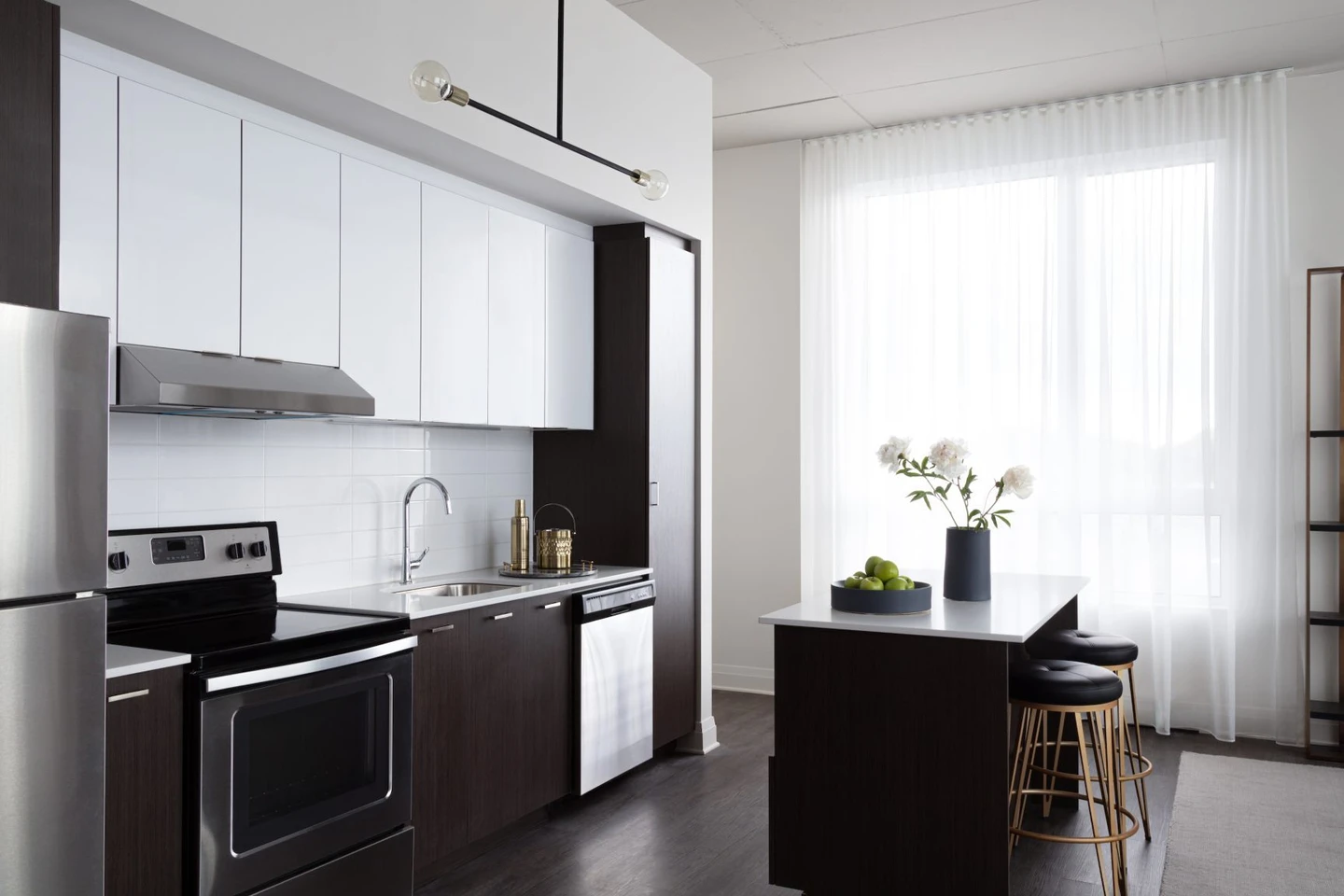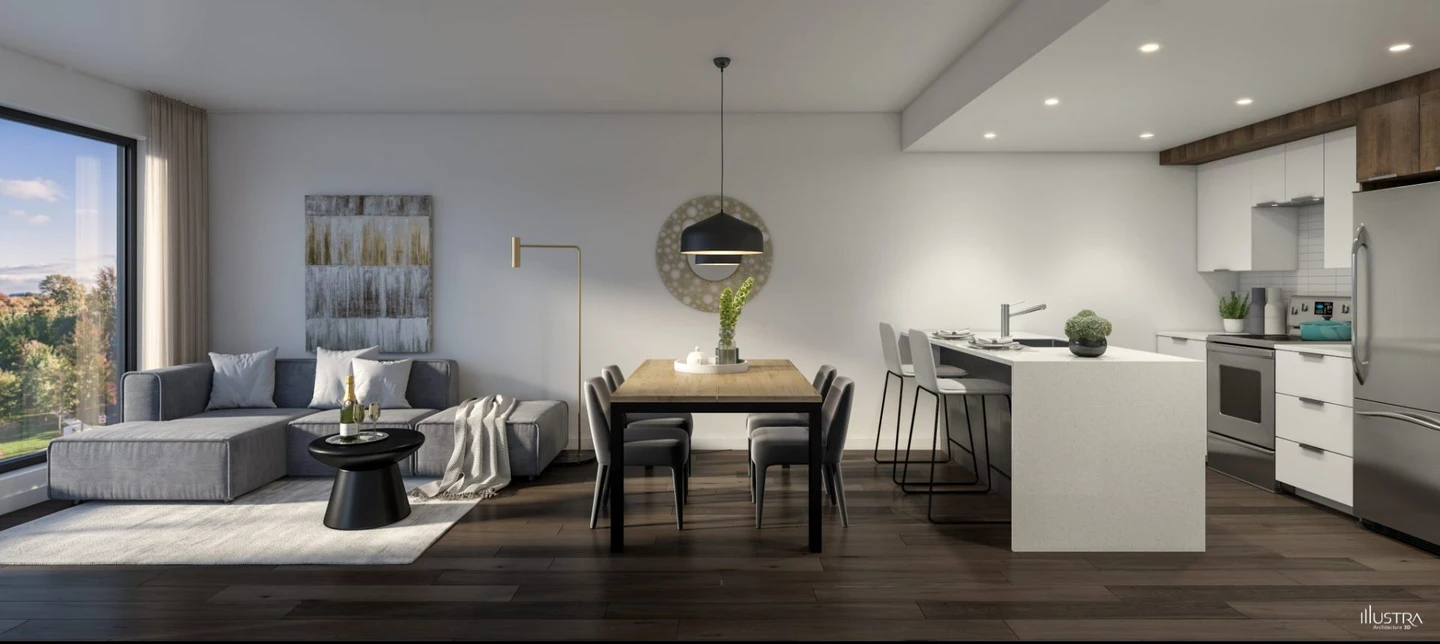What is the difference between a condo and an apartment?
The main difference between a condo and an apartment is ownership. Condos are individually owned units within a larger building, and each owner can rent out their unit independently. On the other hand, apartments are rented units that are all owned and managed by a single property management company, providing a standardized approach to leasing and maintenance.
Key Differences Between Condos and Apartments
Ownership
- Condominiums: Privately owned by individuals who may choose to rent out their unit.
- Apartments: Owned and managed by property management companies.
Management and Maintenance
- Condominiums: Maintenance within the unit is the responsibility of the owner. This can lead to personalized and quicker responses. Common areas are usually managed by a homeowners' association (HOA).
- Apartments: Maintenance is handled by the property management company, offering uniform services and often quicker response times for issues within the unit.

Amenities
- Condominiums: Often feature unique, high-end interior finishes and amenities tailored by the individual owner. Common community amenities can include pools, gyms, and concierge services.
- Apartments: Typically offer a consistent set of amenities across units such as laundry facilities, gyms, and pools, with variations depending on the property’s level of luxury.
Rent and Fees
- Condominiums: Rent can vary based on the owner’s discretion and may include HOA fees, which cover the maintenance of common areas. These fees can be negotiated or included in the rent.
- Apartments: Rent is typically more standardized across units within the same property. Fees include security deposits, application fees, and possibly pet fees.
Leasing Process
- Condominiums: Leasing is done directly with the unit owner, allowing for more personalized terms and conditions.
- Apartments: Leasing is managed through the property management company, offering a more standardized leasing process.
Which is Better for You?

Deciding between a condo and an apartment depends on your preferences and needs. Here are some factors to consider:
Cost
- Both condos and apartments can vary widely in cost, depending on location, amenities, and the specifics of the unit.
- Condos may have additional fees, such as HOA fees, which can affect the overall cost.
Location
- Condos and apartments can be found in various locations, from city centers to suburban areas. The choice may depend on your lifestyle and commute preferences.
- Discover our apartments and condos for rent to explore different options available in your area.
Maintenance
- Consider whether you prefer the potentially quicker, more personalized maintenance of a condo or the standardized maintenance services of an apartment.
Amenities
- Condos may offer more unique, high-end amenities tailored by individual owners, while apartments provide a consistent set of amenities managed by the property management company.
Conclusion
Choosing between a condo and an apartment comes down to personal preference and lifestyle needs. Condos offer unique, personalized living spaces with flexible leasing terms, while apartments provide standardized living experiences with uniform management and maintenance. Consider the cost, location, maintenance, and amenities important to you when making your decision. Both options have their advantages, so the right choice will depend on what suits you best.
Enzo
Fernandez
Enzo is the co-founder of Vistoo. With over five years of experience in the industry, he has expertise in both the rental and sales markets, along with solid experience in construction and property management. A marketing graduate, he also completed several university projects focused on real estate.
When he’s not working on Vistoo, you’ll likely find him on a soccer field, staying active, or traveling with his laptop—because he just can’t seem to fully unplug from work.
